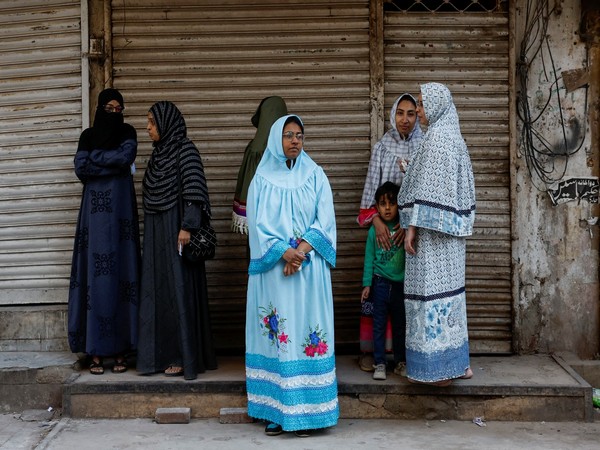Pakistan Plummets on Global Gender Gap Index: Urgent Calls for Gender Equality Reforms
Pakistan has slipped further down the Global Gender Gap Index, ranking second last among 146 nations. This decline highlights worsening conditions for women in the country, prompting activists to call for state and societal commitment to address gender disparities across economic, educational, health, and political sectors.

- Country:
- Pakistan
Pakistan has plummeted further down the Global Gender Gap Index, ranking just above Sudan among 146 nations, according to the World Economic Forum (WEF).
This marks a decline from its 142nd position last year and signals a worsening situation for women in the country. Women's rights activists are calling for urgent reforms in both state and societal structures to address these persistent gender disparities.
The WEF index evaluates gender parity across four dimensions: economic participation and opportunity, educational attainment, health and survival, and political empowerment. Leading nations in gender parity include Iceland, Finland, Norway, New Zealand, and Sweden. "Pakistan has consistently lagged in this index for over a decade," noted Bushra Khaliq, Executive Director of Women in Struggle for Empowerment (WISE).
Comparatively, neighbouring countries have shown better progress in closing their gender gaps. For instance, Pakistan ranks 143rd in economic participation and opportunity, while Bangladesh is ranked 146th. In educational attainment, Pakistan is at 139th, compared to Bangladesh's 125th rank. Political empowerment is also a major challenge, with Pakistan at 112th, far behind Bangladesh's 7th position.
The report indicates that Pakistan's drop in ranking is primarily due to setbacks in political empowerment, despite slight improvements in educational attainment. Persistent gender disparities are evident in economic and political spheres, as well as in educational attainment and health outcomes.
Farah Zia, Director of the Human Rights Commission of Pakistan, highlighted the difficulties women face in mainstream politics, pointing to targeted incarcerations and legal hurdles. Despite a 33 percent quota for women in parliament, genuine representation remains elusive for those outside influential political families or urban areas.
In the economic sector, Bushra Khaliq pointed out that although there has been progress in textiles and fashion, women predominantly work in precarious conditions in the informal sector, limiting their economic empowerment.
The health sector also presents alarming statistics, with high maternal mortality rates and inadequate reproductive health services. Educational barriers further exacerbate gender disparities, with approximately 25 million children, predominantly girls, out of school. Farah Zia criticized government policies prioritizing population growth incentives over sustainable human development.
Both Zia and Khaliq called out entrenched patriarchal norms and societal resistance, exemplified by reactions to events like the Aurat March. They stressed the need for concerted efforts to challenge and transform patriarchal mindsets.
Khaliq also highlighted the need for improved data transparency and collaboration with international organizations to measure progress and advocate for policy reforms. The WEF report emphasizes the importance of inclusive economic policies and structural reforms to empower women fully, urging governments to prioritize gender equality as a catalyst for sustainable development.
(With inputs from agencies.)










